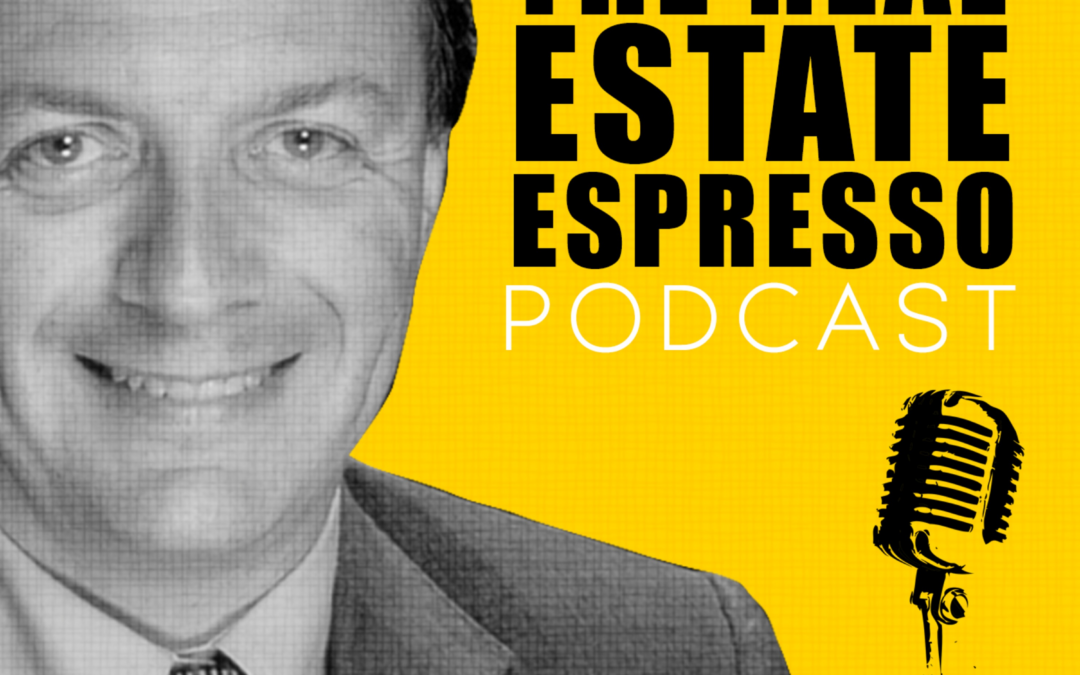The hospitality industry has been decimated by the Covid-19 pandemic perhaps more than any other industry. This spans everything from the major hotel brands to the individually owned short term vacation rentals.
There is no doubt that we are entering a second wave of infection across many countries. We’re all tired of this and want it to be over and for life to return to normal.
On today’s show we’re talking about a major change at AirBnB. They have introduced a new cleaning protocol that all hosts must agree to implement and certify in order to retain their listing as an active host. All hosts are required to agree to these COVID-19 safety practices by November 20, 2020. Hosts who don’t complete this requirement before the deadline may be unable to accept new reservations.
The AirBnB cleaning process is a 5 step process. Airbnb developed their cleaning protocol based on CDC guidance and in consultation with experts in the fields of sanitization and medicine, such as Ecolab and Dr. Vivek Murthy, former US Surgeon General.
They have two handbooks, one for regular AirBnB listings. This one is 36 pages in length and a second one for hotels that is 41 pages in length. The difference between the two handbooks has mostly to do with the common areas and the hotel check-in process. Where possible, hotels should implement contactless checkin, using electronic lock codes with a smartphone, checkin using an app, and tap for payments. Make sure that guests know which services are available such as room service, the gym or the pool which might be closed for protection of guests.
There are helpful videos, and detailed checklists for hosts to use every step of the way. I read through both handbooks and I have to tell you, I was pretty impressed by the thoroughness of the protocols they have recommended.
I particularly like the checklists.
One of the biggest mistakes that people make is sanitizing before cleaning. That does nothing to stop the spread of viruses and bacteria. A surface needs to be clean first before it can be sanitized.
This is a basic principle. I know this from my days when I used to brew beer and make wine. If the bottles were not sanitized, you would end up with a bad bottle of beer or a bad bottle of wine. But before the bottle could be sanitized, it needed to be 100% clean. There could be no mold residue in the bottle, no bits of food or organic matter. Using a sanitizer like a chlorine or a sulphate solution would not do its job unless the bottle was 100% clean first. These early lab experiments gave me an appreciation for what clean really means. If I cut corners, I would have a bad bottle. The microbes didn’t care if I was in a rush. You see there are just some processes that are pretty unforgiving when it comes to contamination. If you’ve ever had a bad bottle of wine, it’s because something wasn’t clean before the wine got into the bottle, or the cork didn’t seal the bottle and something got into the bottle. They don’t care what brand of wine, if it’s a $10 bottle or a $1,000 bottle. They don’t care if it’s a French wine or a California wine.
Here we are in the middle of a pandemic and those microbes don’t care either. We are in a war on clean, at least for the foreseeable future.
The choice of November 20 as the cutoff date for AirBnB hosts to comply with the new protocol is not an accident in my opinion. November is traditionally a slow month in short term rentals, especially in the vacation short term rentals. But we’re coming up on the busy US Thanksgiving weekend when people travel to visit family. Poorly cleaned short term rentals could turn Thanksgiving into the super spreader holiday of the year.



